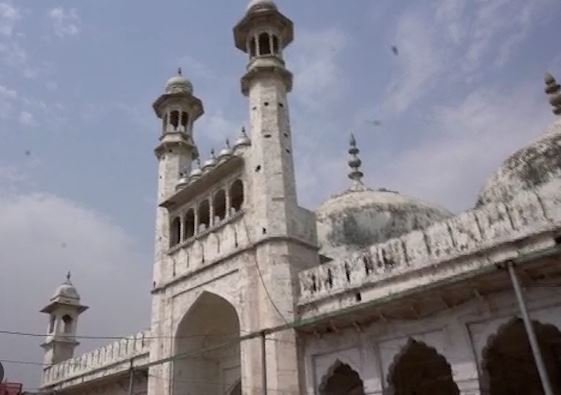The recent order by the Varanasi court for a scientific survey of the Gyanvapi mosque has sparked both celebration and controversy. Situated right next to the revered Kashi Vishwanath temple, the mosque has been a subject of contention between the Hindu and Muslim communities, with the former claiming that the mosque was built on the site of an ancient Hindu temple.
The court’s decision came in response to a petition filed by a group of Hindu devotees seeking a thorough investigation to establish the historical truth about the origins of the Gyanvapi mosque. The Archaeological Survey of India (ASI) has been entrusted with the task of conducting the survey, which is anticipated to shed light on the longstanding dispute.
However, it is important to note that the ‘wazukhana,’ an area within the mosque premises where Hindu devotees claim the presence of a ‘shivling,’ will not be included in the survey. This exclusion is due to the fact that the matter concerning the ‘wazukhana’ is currently being handled by the Supreme Court.
Vishnu Shankar Jain, the legal representative of the Hindu side, expressed optimism about the survey’s potential to resolve the dispute once and for all. He stated that the survey is estimated to be completed within a span of three to six months, bringing hope for a definitive conclusion to the protracted issue.
The petition that led to the court order was initially filed by five women seeking permission to offer prayers at the “Shringar Gauri Sthal” located within the mosque complex. During the process, a unique structure was discovered on the mosque premises, with some believers considering it to be a “Shivling” on one side and a “fountain” on the other. This discovery further fueled the demand for an in-depth investigation.
On the contrary, the Muslim side has expressed concerns about potential damage to the Gyanvapi complex due to the ASI survey. They contend that the survey could adversely impact the structure’s integrity and historical significance.
The Varanasi court heard arguments from both sides on July 14 and reserved its order after the proceedings. As the legal battle continues, the ASI’s survey holds the promise of unravelling the mysteries surrounding the Gyanvapi mosque and could pave the way for a resolution that respects the sentiments of all parties involved.
